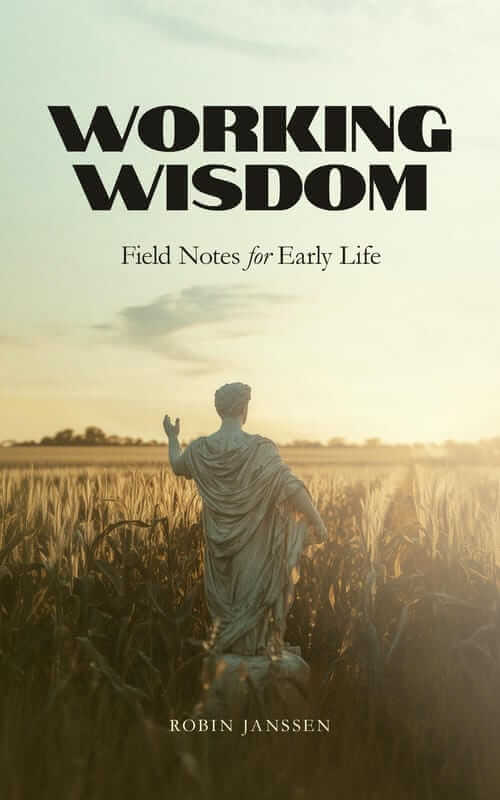Avoid seeking praise. Ignore prestige and anything you’re expected to do to obtain it. If you do enough positive work, it will eventually get noticed or become inherently visible. Goodwill is also likely to compound in the wake of quiet, honorable work.
The most effective, prolific people often choose to work in the shadows. They don’t announce their intentions, claim victory, or seek attention. Instead, they make a large impact and leave imperceptible footprints.
But it’s not because they’re all humble. Stealth is strategic. Harry Truman said, “It is amazing what you can accomplish if you do not care who gets the credit.” And from Teddy Roosevelt: “Speak softly and carry a big stick; you will go far.”
Put simply, you can accomplish (and get away with) a lot more if you don’t chase accolades. Moving quietly is a form of social arbitrage in a world obsessed with attention and attribution. Doing things quietly, regardless of morality, shields you from scrutiny, gives you more freedom, and thereby increases the options you’ll have downstream.
Aside from the vaunted politicians, influencers, businesspeople, etc., most of the people and groups that drive our power structures are not visible. You can’t see them or their playing field. They know that attention is the tax you pay for seeking validation. Not worth it. They know it’s a waste of time to obsess over and criticize things they don’t understand, so they let other people fall into those distractions. The stealthy build empires while the loud ones fight for attention and influence.
The world is noisy. It provides all the cover you need to move quietly.
“In the absence of clear indicators of what it means to be productive and valuable in their jobs, many knowledge workers turn back toward an industrial indicator of productivity: doing lots of stuff in a visible manner.”
~Cal Newport, Deep Work (Book)
“You just couldn’t get hold of the things you had done and turn them right again. Such power might be given to the gods, but it was not given to men and women, and that was probably a good thing. Had it been otherwise, people would probably die of old age still trying to rewrite their teens.”
~Stephen King, The Stand (Book)
“It’s like it ain’t so much what a fellow does, but it’s the way the majority of folks is looking at him when he does it.”
~William Faulkner, As I Lay Dying (Book)
